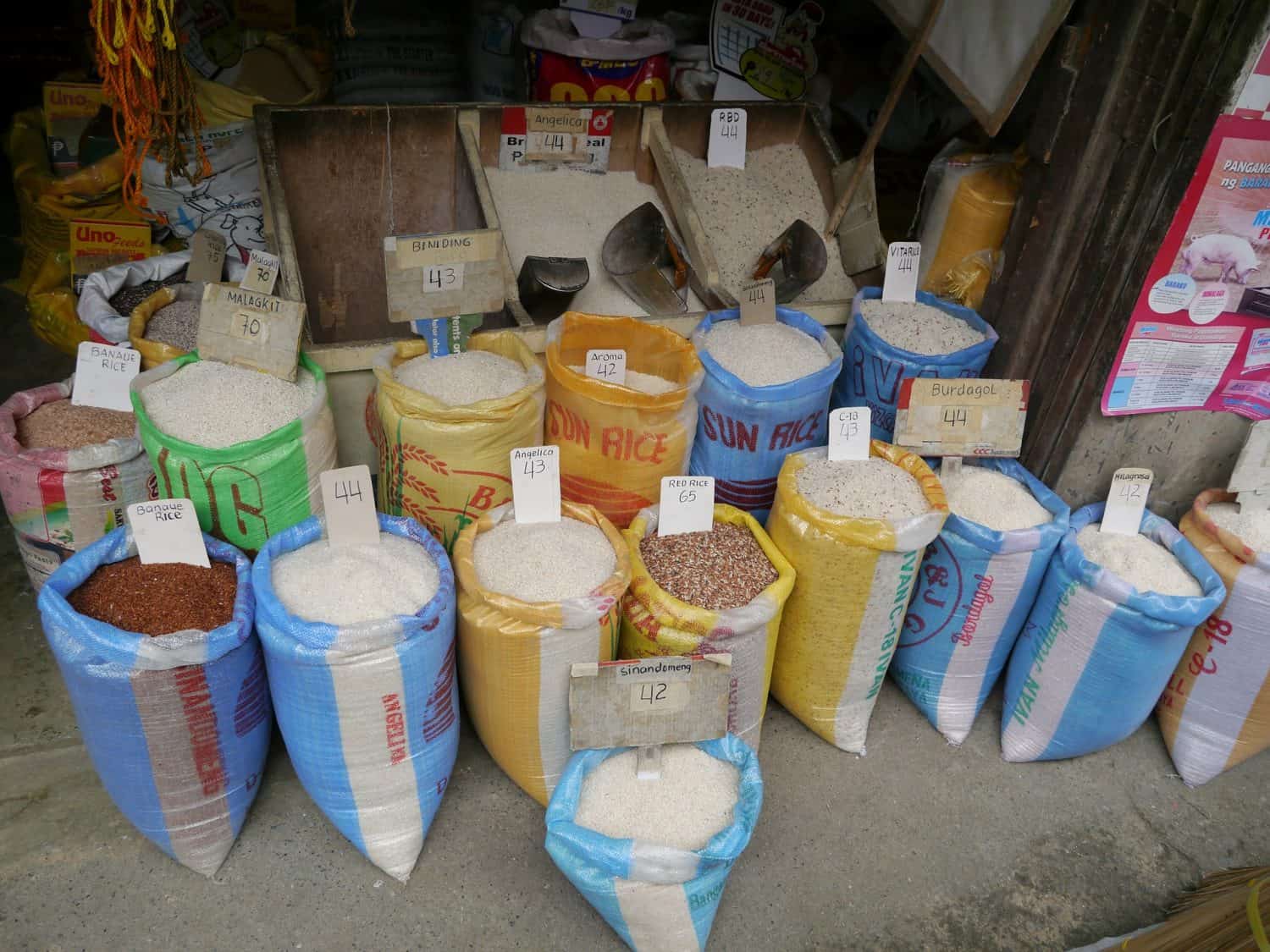ROME, ITALY – The Food and Agriculture Organization of the United Nations (FAO) raised its forecast for global cereal production in 2023 to 2,819 million tonnes, now 0.9 percent higher than the previous year.
The higher forecast is almost entirely based on recent and more positive yield estimates for the Russian Federation and Ukraine compared to earlier expectations, owing to continued favorable weather conditions, while Canada’s output is now expected to be notably lower on the back of persisting dry weather in key crop growing areas.
FAO’s new Cereal Supply and Demand Brief pegs global wheat output at 785 million tonnes, coarse grain production at 1 511 million tonnes – up 2.7 percent from 2022 – and world rice output at 523.1 million tonnes.
Despite a downward revision this month, world cereal utilization in 2023/24, forecast at 2,804 million tonnes, is expected to exceed last year’s outturn by 0.8 percent.
There will be increased wheat consumption while global rice utilization is forecast at 520.5 million tonnes, suggesting a second successive season of no or negative utilization growth, as continued cuts in non-food uses are expected to offset a population-led increase in rice food intake.
World cereal stocks by the close of the 2024 seasons are predicted to stand at 884 million tonnes, surpassing the opening levels by 3.0 percent and marking a record high.
The new and higher forecast for ending stocks, combined with a lower forecast for utilization this month, results in a projected 30.8 percent cereal stocks-to-use ratio.
FAO’s latest forecast for world trade in all cereals in 2023/24 remains at around 466 million tonnes, unchanged from last month but pointing to an annualized contraction of 1.7 percent from the 2022/23 level.









